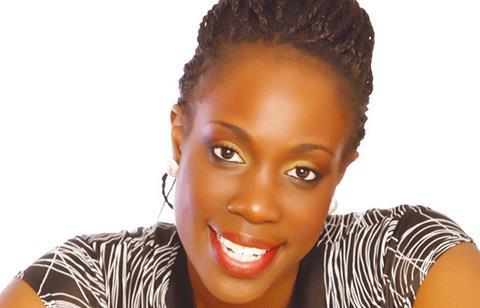
Employee Benefits Live 2021: Employers should ensure that diversity and inclusion (D&I) is "baked in" to their benefits strategy in order to attract a wider talent pool and provide equity of opportunity, the Football Association's diversity champion has advised.
Delivering the keynote address on the first day of Employee Benefits Live 2021 at London's ExCeL, Edleen John, director of international corporate affairs and equality, diversity and inclusion at The FA, said an organisation's approach to D&I needs to be part of the message that they are sending out to their employees and potential candidates, and their benefits strategy should reflect this.
"There needs to be flexibility in the models you offer for different employees at different stages of their careers," said John, who added that a workplace pension may be less appealing to an employee in their twenties than someone who is more advanced their career.
"Rewards and benefits are [among] the key elements that attract people to [an] organisation."
John said that many organisations have benefits that could be unique "selling points" for candidates from diverse groups, such as an attractive shared parental leave package or a flexible leave model. However, many employers do little to promote these to jobseekers, often because they are concerned about giving competitors this information.
"If [HR and recruitment teams] take time to push these out more then the candidate pool will be much wider and more diverse," she said. "It might mean your competitors will have that information, but shouldn't it be seen a good thing that, as an industry, you're making progress?"
John said that the pandemic has provided a unique opportunity for organisations such as The FA to "challenge the way they had done things before", by pivoting to remote and flexible working.
"People were, for the first time, viewed as holistic individuals," said John. "This levelled the playing field from a D&I perspective."
John advised organisations to "start small" when thinking about how to improve equality, diversity and inclusion. Establishing listening groups to find out the barriers that employees with different backgrounds and characteristics sometimes face are often a good starting point.
"They are often very difficult conversations to have," she warned. "We have to recognise that people [from majority groups] may feel threatened, but we have to challenge those positions and recognise that it is uncomfortable for them."
She said that, through listening groups, HR will "quickly realise what the issues are and whether people are getting an out-of-cycle bonus or pay rise and others aren't", for example.
Employee networks or affinity groups are also valuable for driving inclusion, and employers should "recognise and reward employees for participating in employee networks" and perhaps include them in their annual objectives.
Asked about what The FA has done to drive inclusion, John said that it has introduced the Football Leadership Diversity Code to hold senior leaders accountable for progress. The Code encourages the adoption of gender and ethnicity hiring targets across club signatories.
The FA has also been vocal in its support for players' decision to take the knee following the murder of George Floyd last year, and produces regular reports on its equality, diversity and inclusion strategy.











